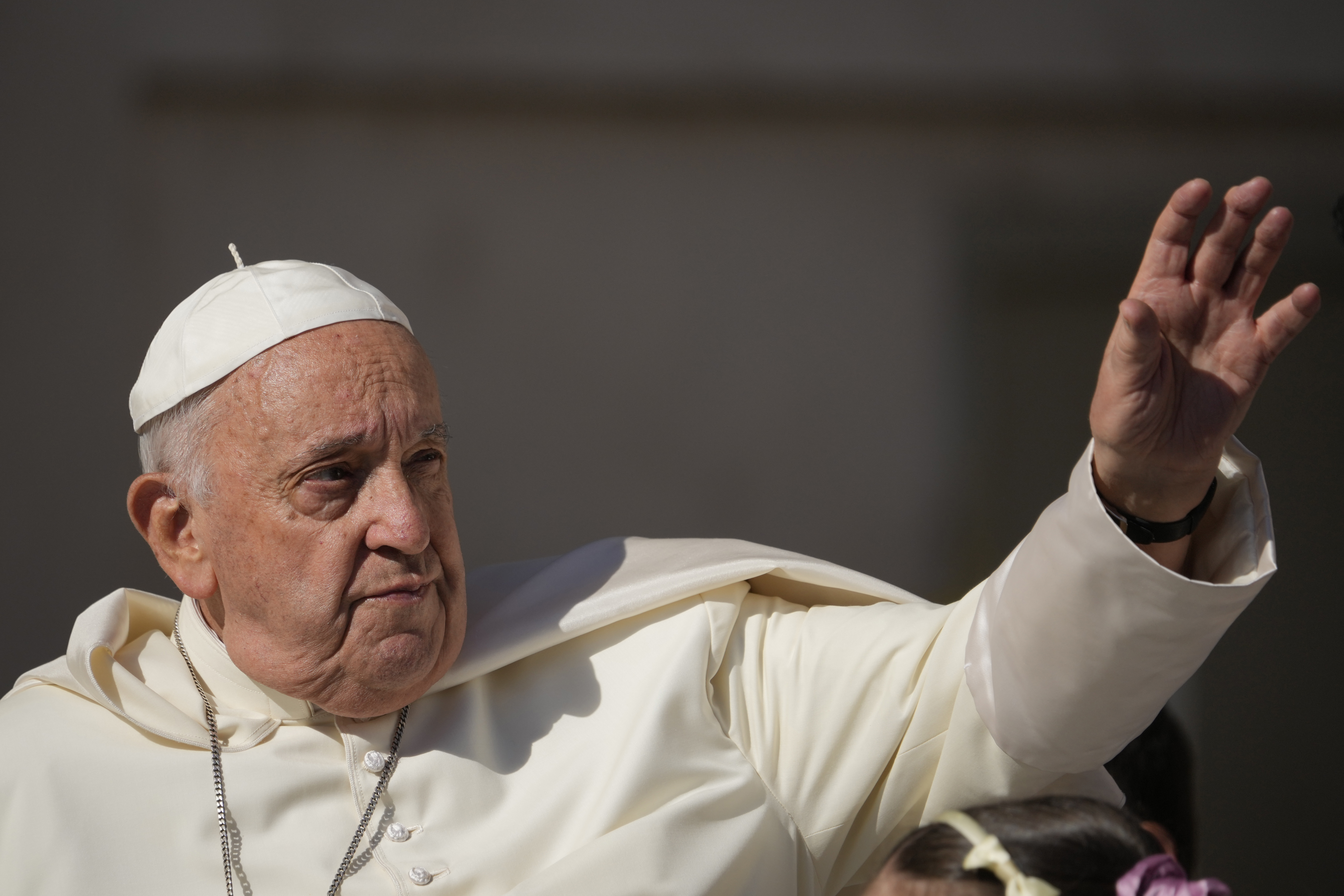Illinois’ top legislative leaders met for the second consecutive day to discuss the state’s budget Wednesday, but it appears a bipartisan compromise remains elusive with the state's current stopgap plan set to expire at the end of the calendar year.
During Tuesday’s meeting, which Senate President John Cullerton called “productive,” Democrats promised to review a bipartisan report on government consolidation that was presented by Gov. Bruce Rauner and fellow Republicans, Senate Leader Christine Radogno and House Leader Jim Durkin.
Democrats promised to reconvene after reviewing the report, which was released in December of 2015, although a date for the next meeting has not been set.
“They actually said in the meeting that they would be willing to look at some of the ideas that frankly have been out there for some time,” Radogno told reporters. “So they acted as if they were unaware of the governor’s task force on government consolidation. They will now look at that.”
Democrats have opposed certain aspects of the report, which contains elements of Rauner’s “turnaround agenda." For example, the plan looks to eliminate the prevailing wage on union projects and limit collective bargaining for local government employees.
Elements of Rauner’s agenda were excluded from the state’s most recent stopgap funding compromise, but Republicans are now dead set on including some of those reforms in the new budget. A “grand bargain” seemingly hinges on a deal that would combine revenue from Democratic tax hikes and Republican reforms to grow the state’s economy.
“We have said nothing is off the table and nothing should be off the table,” Radogno said. “The Democrats have indicated they’ll take a fresh look at some of these items that have been out there for the last year. We’re grateful for that and we’ll see how the next meeting goes."
Local
Meanwhile, House Speaker Michael Madigan continued to push lawmakers Wednesday to use the same framework that shaped past budgets, which have been criticized by Republicans for being out of balance.
“I’m part of the process and they’re part of the process,” Madigan told reporters. "I’m not trying to be overbearing, but I’m giving my advice based upon experience. If someone wishes to refute what I’m saying based upon experience, I’m interested to hear it, but the record's pretty clear. Seven times we’ve done budget-making within a certain framework.”
In response to Madigan's appeal, Radogno voiced her intention Tuesday to start with the framework put forth by bipartisan, bicameral working groups.
Republicans also slammed Madigan’s appointment of state Rep. Greg Harris to lead the House Democrats’ new negotiating team Tuesday, claiming it signaled a step in the wrong direction and shielded the speaker from criticism. Nevertheless, Harris sat in on Wednesday’s meeting, which primarily dealt with a report from Rauner’s Office of Management & Budget.
The report projects a $47 billion bill backlog by 2022 if the state continues down its current path. On Tuesday, Cullerton called the outlook “dire” and pushed for a timely budget compromise.
“The focus has to be on the budget, so we hope we can get the budget addressed obviously in the veto session,” he told reporters.
The General Assembly’s final veto session is slated for December 1. The body met Tuesday and will reconvene in Springfield on November 29.



